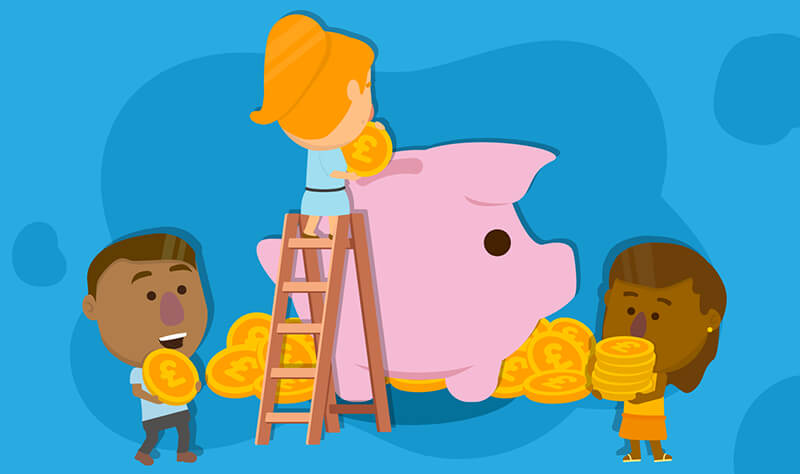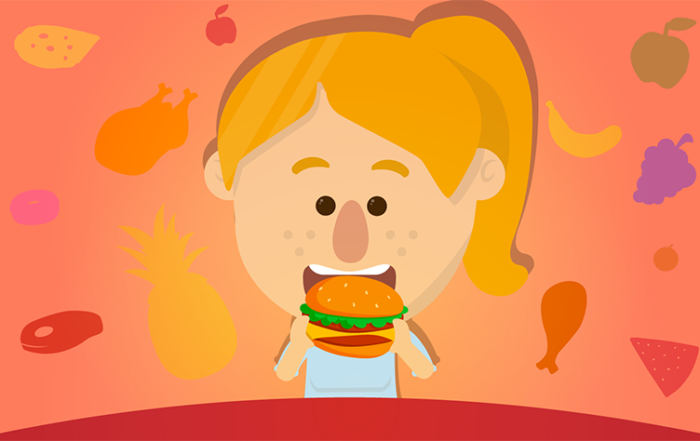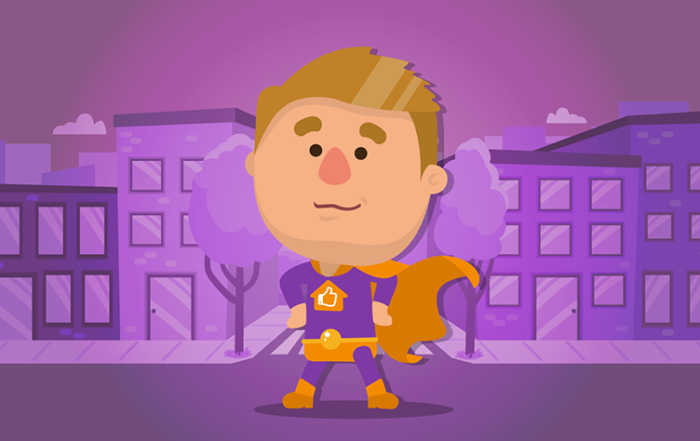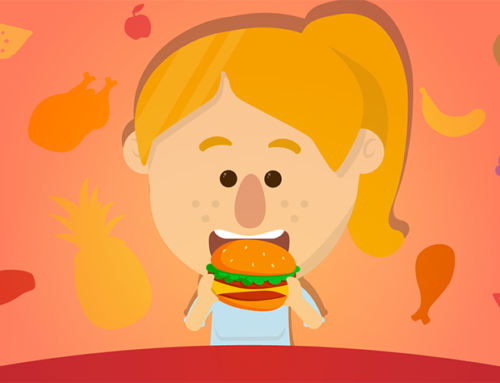
We’re continuing with our financial advice series and this week we’re looking at credit unions. If you’ve decided that mainstream banking isn’t for you, a credit union could be a great alternative! A credit union is a cooperative model of banking, which is owned and run by the very people putting in their money – you! They provide savings, loans and financial planning for their members and any money made goes back into services or is paid out to its members.
In the UK, credit unions have been around for the last 50 years or so – in 2018 1.8million Brits were members of one! Because the people who use a credit union (the members) are the ones that decide the rules, their aim is to encourage responsible financial behaviour among each other and to provide money services that suit each member’s personal situation
Here we’ll give you a breakdown of the main services they offer:
Loans
Credit unions won’t give people debt that they can’t manage and won’t attach high interest rates to it. They also offer smaller, short-term loans to those who may be turned away by other banks. Interest rates at credit unions are almost always much lower than those offered by payday loan companies and doorstep lenders, as they have a legal cap on the amount of interest they can charge on top of loan. In England, Wales and Scotland this is 3% and in Northern Ireland the amount is 1%.
As well as this, no matter what the size of the loan or repayment rate, members will not be charged for things like early repayment. The interest that is paid on top of the loan is directly paid out to members at the end of the year.
To repay a loan, some credit unions will work with your employer, so that an amount is taken directly out of your wage. This type of automatic payment could take the strain off juggling budgets. Other ways to pay include Direct Debit, PayPoints and local offices. Some credit unions also offer longer-term loans and mortgages, but often to access these services you need a history of saving with a credit union. They also will consider you if you have a less than perfect credit rating.
Savings
The savings that are put into a credit union often pay higher interest rates than normal high street banks – normally around 3%. If you set up an account with a credit union, they will usually ask you to deposit a small amount each month to keep your account active.
Becoming a member
In order to become a member of a credit union you need to have a common ‘bond’ with the organisation or its members. These common ‘bonds’ could be the area you live in or the sector you work for. For example, there is a credit union just for NHS workers, which aims to protect the finances of those working for the service. The NHS Credit Union has 17,000 members. Some housing associations in the UK also have their own credit unions or work in partnership with one.
If you would like to find a credit union that you can apply to, you can search online at Find Your Credit Union or if you are in Scotland, take a look at the Scottish League of Credit Unions. Alternatively, you can call the Association of British Credit Unions (ABCUL) on 0161 832 3694.
All around the world, credit unions have been helping save and borrow responsibly and safely – so far in 105 countries! They are a brilliant option as an alternative to payday loans, doorstep lenders and loan sharks and offer people access to fairer, more personalised banking services.
Key terms
Cooperative – an organisation that is owned and run by its members, who share the profits or benefits.
Interest rate – the amount of money charged to someone for borrowing money
Payday loan – a relatively small amount of money lent at a high rate of interest with the agreement that it will be repaid when you receive your next wages
Doorstep lending – where you borrow money, usually with a high rate of interest, and the lender calls at your home to collect repayment
Early repayment – when you pay off your loan early. This means that a lender will miss out on interest fees, so they will usually charge you a penalty for early repayment
Loan sharks – a moneylender who charges extremely high rates of interest, typically under illegal conditions
The HomeSwapper Customer Support team are always on hand to give advice and tips on how to get the most from HomeSwapper. They deal with Swappers every day and have a unique insight and view on the thousands of successful swaps that take place on HomeSwapper.






